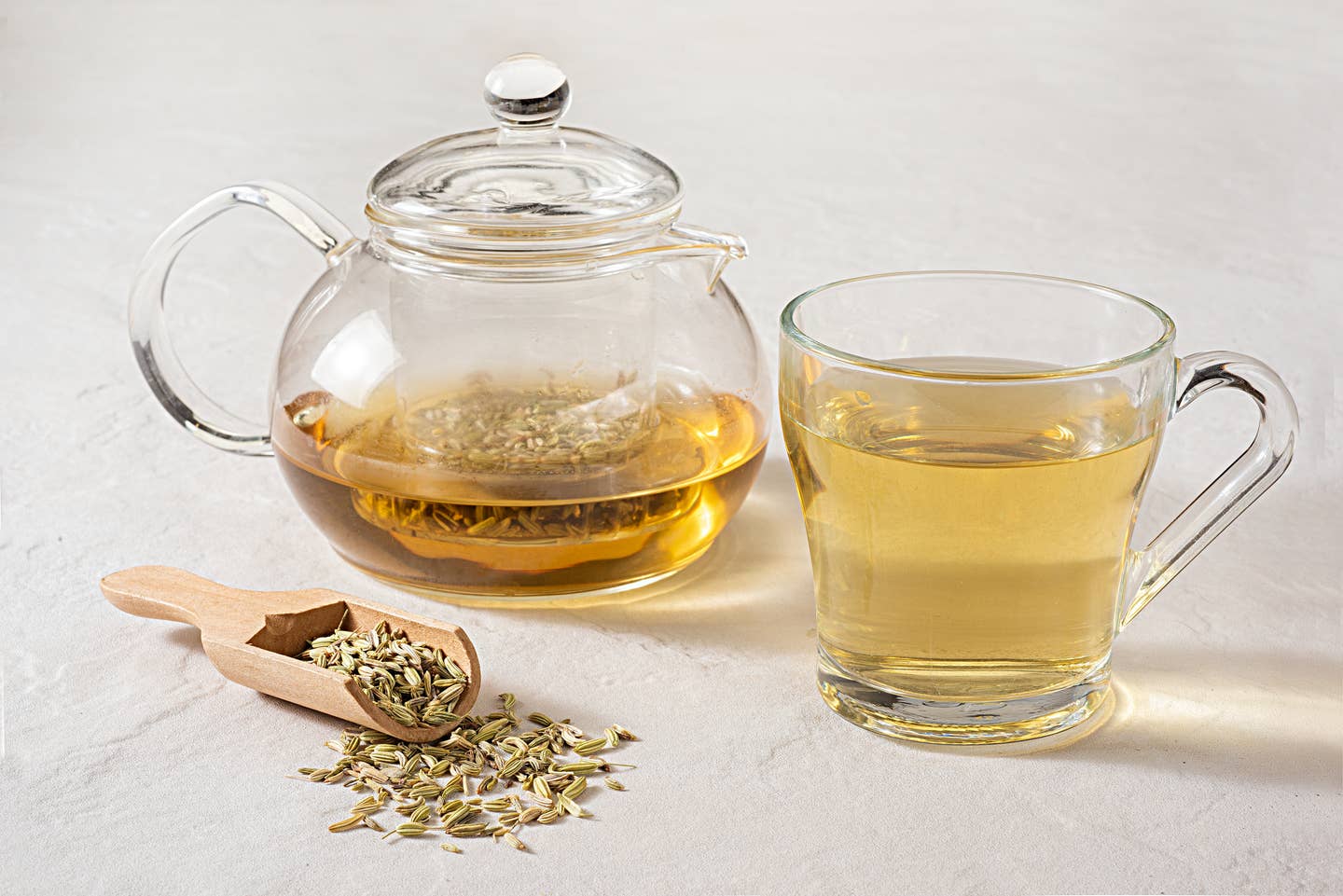
For Better Mental and Physical Health, Do This Instead of Running
Telling someone to "Take a hike!" should hardly be an expression of annoyance, but instead be considered a kind and generous gesture. Walking through nature on uneven terrain (and breathing hard while doing it) has science-backed benefits for both your mental and physical health.
Research has proven that a simple walk in a natural environment can decrease the mental act of rumination (which leads to stress and drives up cortisol and other stress hormones) while increasing energy and bolstering positive engagement in the world around you.
For anyone looking to lose weight, gain cardio fitness, tone up, or build core strength, hiking is actually a better choice than running or walking, according to studies that prove it to be the most effective form of cardio, since it both burns more calories and you do it for longer than going for a quick run.
Plus when you're moving uphill along rocky or uneven terrain, hiking engages your balancing abilities by lighting up your proprioceptors, which are the sensory neurons within muscles, tendons, and joints that constantly read where you are in space and send feedback to the muscle to react with lightning speed to fire up the lateral muscles to keep you upright.
Tempted to tie on your hiking boots and hit the hills? Consider this compelling evidence your doctor's excuse from your desk to get out there, and do so on a regular basis, now while the weather is gorgeous.
Hiking helps boost mental health
Improving your mental health can be as easy as walking in nature, according to recent research conducted at Stanford University.
In the study, participants were separated into two groups. The first group went for a walk through grasslands with scattered oaks near the school campus and the other group took a walk in an urban area with heavy traffic. Each participant had their brains scanned before and after the 90-minute walks.
Data found that the participants who went for a walk in nature had decreased levels of rumination due to changes in the subgenual prefrontal cortex, whereas the group that walked in the urban environment had scans that showed no changes, according to the researchers.
In addition, a systematic review used 13 different measures to evaluate the effects of outdoor and indoor exercising on mental well-being. Researchers found that participant self-reports for outdoor activity resulted in "greater feelings of revitalization and positive engagement, decreases in tension, confusion, anger, and depression, and increased energy." Whereas the group that exercised indoors did not have the same positive outcomes.
Therefore, a simple nature walk through the woods or along the ocean can have a beneficial impact on your mental health and is a natural way to boost positive feelings.
Hiking promotes weight loss
Hiking outdoors is proven to be more effective for weight loss than running, walking, and exercising indoors, according to studies.
The first study found that hikers burned more calories than walkers and runners as hikers preferred more difficult terrain with greater resistance, followed by runners and walkers. This is partly because physical exercise is often incidental to other goals of hiking, which include sightseeing, socializing, or experiencing nature," according to the researchers.
Another study randomly assigned 76 overnight adults to either a 16-week outdoor wilderness program or an indoor exercise program with similar amounts of caloric intake and expenditure. At the end of the 16 weeks, research showed that the adults "in the outdoor wilderness group lost four times as much weight as the indoor exercise group, according to the researchers.
Hiking helps build a strong core
Hiking through nature on uneven surfaces is a smart way to build a strong core, according to Dr. Aaron L. Baggish, associate director of the Cardiovascular Performance Program at Harvard-affiliated Massachusetts General Hospital. He explained that hiking on uneven surfaces naturally engages the core muscles and strengthens them by using the muscles for balance, in an interview with Julie Corliss, a writer for the Harvard Letter. “You usually don’t get that type of lateral motion from walking on a treadmill or riding a bike,” Dr. Baggish told Corliss.
Before, during, and after hiking, rehydrate to feel fully energized
People don't realize when they are in the arid air of the mountains or elevation, or when the temperatures are low, that it's easy to get dehydrated and not know it, until you feel lightheaded or lose focus. Instead of waiting for that to happen, drink a water bottle an hour to replace fluids that you lose while hiking. Just because you are not dripping with sweat as you do during your runs, does not mean that water isn't evaporating through your skin.
Other than hydrating on your hike, remember to rehydrate when you get home, to feel energized and less "wiped out" by the exertion. The best plan is to sip something warm, full of antioxidants and with some calories to replace the energy you've burned off. Try a Laird Superfood Creamer, and as the weather turns cooler you'll want to enjoy a pumpkin spice flavor, since it has all the taste of the fall season, with absolutely no artificial ingredients.
Celebrate fall hiking season with a Pumpkin Spice Superfood Creamer
Never have a boring cup of coffee again. After posting that awesome blue-sky summit shot that will make your friends envious – or before you head out on the trail – enjoy Laird Superfood Pumpkin Spice Creamer combines their Original Superfood Creamer with real pumpkin. The festive spices make for a pumpkin spice latte with ingredients that are all-natural, plant-based, made, and nourishing. So you can celebrate pumpkin spice season the healthy way. Just add the pumpkin blend to your coffee, tea, or smoothie to give it a festive boost, or just mix it with hot water and taste the full bounty of the hiking season in your cup.
More From The Beet






